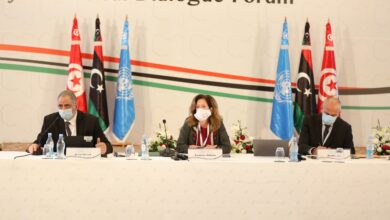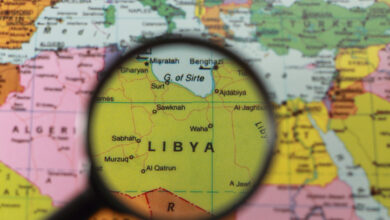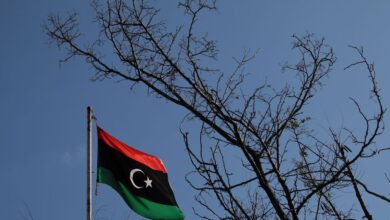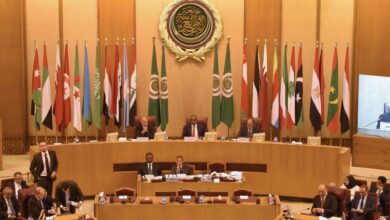Libya
Libya’s UN-backed Government Head Supports Protesters, Calls For Election
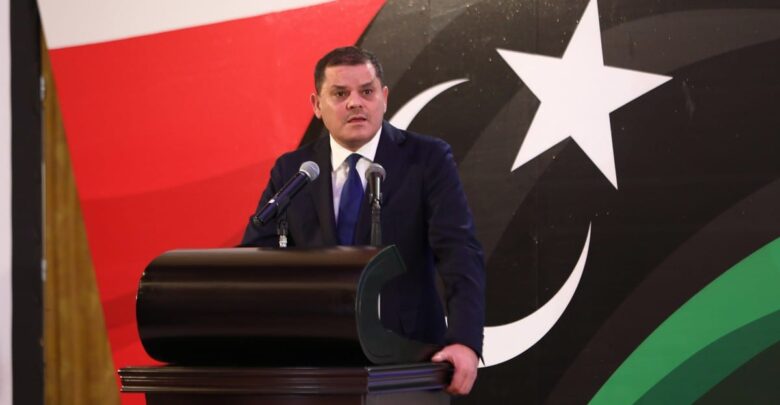
Libya’s United Nations-backed government leader Abdulhamid al Dbeibah on Friday said he supports protesters in the country, reported The TRT World.
The head of the interim unity government said all the country’s institutions needed to be changed, saying that there is no way to do that except through election.
“The parties obstructing the elections are known to the Libyan people and are the same ones that blocked budgets and closed oil, which contributed to the exacerbation of the cost of living crisis,” Dbeibah said on his Twitter account.
Dbeibah’s comments came after Libyan protesters stormed the parliament building in the eastern city of Tobruk and staged the biggest demonstration for years in the capital Tripoli, in the west.
There were rallies in Libya’s several other cities against continuing power cuts, rising prices and political deadlock. In Libya’s capital, Tripoli, where a rival administration holds sway, protesters called for elections.
The protest comes a day after UN-brokered talks in Geneva aimed at paving the way for an election ended with little progress.
Notably, the presidential and parliamentary elections, which were originally set for December last year, were meant to bolster an UN-led peace process following the end of the last major round of violence in 2020.
But the voting never happened due to several contentious candidacies and disagreements over the polls’ legal basis between Libya’s rival governments in the east and west.
On Thursday, the UN said that talks between the rival Libyan factions aimed at breaking the deadlock had failed to resolve key differences.
Parliament speaker Aguila Saleh and High Council of State president Khaled al-Mishri met at the UN in Geneva for three days of talks to discuss a draft constitutional framework for elections.
The UN’s top Libya envoy Stephanie Williams, who facilitated the Geneva talks, said while some progress was made, it was not enough to pave way for elections, with the two sides still disagreeing over who can contest in presidential elections.


